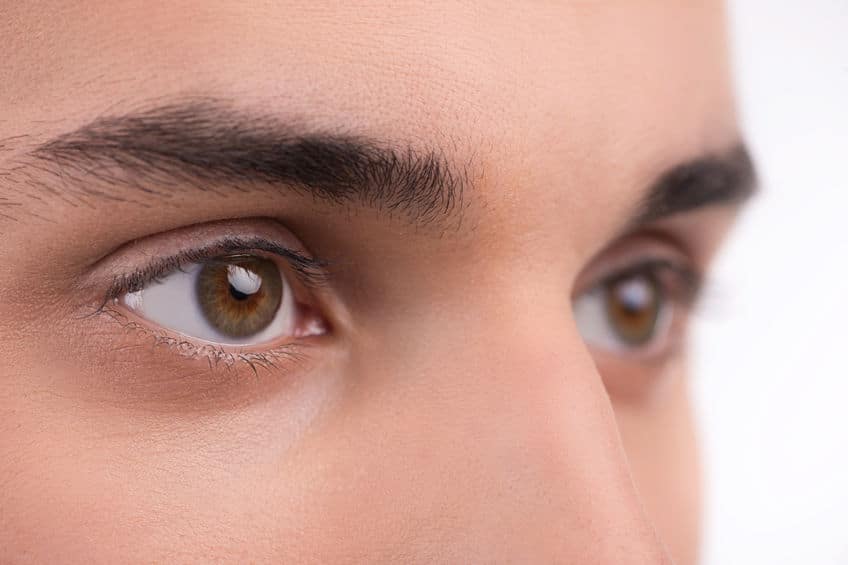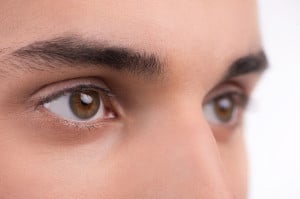An eye exam is a routine part of preventive health care for most adults. But did you know it can reveal many potential medical problems that may not be so easy to detect without further testing? The eye can tell a lot about your overall health, from general health problems to serious concerns. The retina, or back of the eye, is the only place in your body that can give your eye doctor a close-up view of blood vessels and nerves without having to do surgery. A routine eye exam can be the key to finding early stages of several medical issues.
If an eye exam does reveal a potential medical issue, it is crucial to seek prompt medical attention to prevent further complications. In some cases, an urgent medical issue may arise, such as a sudden loss of vision or eye injury. In such situations, it is important to know the location of the nearest urgent care center that provides specialized eye care services. Residents in Uniondale can rely on the services of urgent care near Uniondale for prompt medical attention for a range of urgent medical issues, including eye-related emergencies. With experienced medical staff and advanced medical equipment, this urgent care center can provide timely and effective medical care to ensure the best possible outcomes for patients.
High blood pressure
If you have high blood pressure, an annual eye exam is important to help monitor your condition. Your doctor will look for signs of damage to the blood vessels in your eyes, including weakened and narrowed arteries. These changes can be an early warning sign of trouble ahead. For example, narrowing of blood vessels could signal heart disease.
Rheumatoid Arthritis (RA)
RA is an inflammatory disease that affects joints in the hands and feet. Inflammation can happen in the eyes, too. One of the earliest signs of RA is inflammation of the blood vessels in the eyes, which can be detected during a comprehensive eye exam. In fact, changes in the eyes are often one of the first indicators that something is wrong, even before patients experience any symptoms of joint pain or stiffness. If a patient has painful inflammation in the iris, the colored part of the eyeball, over a year’s time, it could be the sign of RA. Patients with rheumatoid arthritis can also have very dry eyes.
Diabetes
Changes in your eye health can be a warning sign for diabetes. An eye exam can help to reveal these changes, which may otherwise go unnoticed. If the doctor sees a small amount of bleeding in the retina, it could be a sign of diabetic retinopathy. This is one of the first signs of type 2 diabetes. Catching this condition early is key to being able to make lifestyle changes that will help prevent further damage. If left untreated, diabetic retinopathy can lead to blindness. An eye exam can help to catch the early signs of diabetes and get you the treatment you need to prevent further damage to your vision.
Cancer
Signs of cancer may be found in or around the eye. Bleeding in the retina can signal leukemia. A change in the field of vision can signal brain tumors, and malignant melanoma can happen in the back of the eye. Skin cancers may occur on the outer surfaces of the eye while leukemia or lymphoma cause changes to the interior of your eye.
Are you scheduled for your annual eye exam? Give our experts a call today! It could save your life.



 How should you correct your vision? Should you wear eyeglasses or contact lenses? Or what about LASIK?
How should you correct your vision? Should you wear eyeglasses or contact lenses? Or what about LASIK? 


 You’ve probably heard that breakfast is the most important meal of the day, right? The whole idea behind breakfast is to have a strong start to your day, so why do so many people skip it altogether?
You’ve probably heard that breakfast is the most important meal of the day, right? The whole idea behind breakfast is to have a strong start to your day, so why do so many people skip it altogether?
 Did you know that more older adults are driving than ever before? In general, seniors are safe drivers relative to other age groups. Adults ages 65+ are good at wearing safety belts, observing speed limits, engaging in less risky on-the-road behavior and not drinking and driving. On the other hand, older people generally don’t see or hear as well, are slower to react, and may have trouble making quick decisions about distance, speed and the movement of vehicles around them. Plus, they may have trouble turning to look over their shoulders at other vehicles.
Did you know that more older adults are driving than ever before? In general, seniors are safe drivers relative to other age groups. Adults ages 65+ are good at wearing safety belts, observing speed limits, engaging in less risky on-the-road behavior and not drinking and driving. On the other hand, older people generally don’t see or hear as well, are slower to react, and may have trouble making quick decisions about distance, speed and the movement of vehicles around them. Plus, they may have trouble turning to look over their shoulders at other vehicles.
 When was your last child’s exam? Children should have their first eye exam at six months of age, and most teenagers and adults should have an eye exam at least once every year. In between eye exams, it’s important to keep an eye out (no pun intended) for any vision issues and make an appointment to see us if you have any concerns or questions.
When was your last child’s exam? Children should have their first eye exam at six months of age, and most teenagers and adults should have an eye exam at least once every year. In between eye exams, it’s important to keep an eye out (no pun intended) for any vision issues and make an appointment to see us if you have any concerns or questions.
 Do you wear contacts? Proper contact lens care is vital for your eye health. Here are four simple ways to take better care of your eyes if you wear contact lenses:
Do you wear contacts? Proper contact lens care is vital for your eye health. Here are four simple ways to take better care of your eyes if you wear contact lenses:




